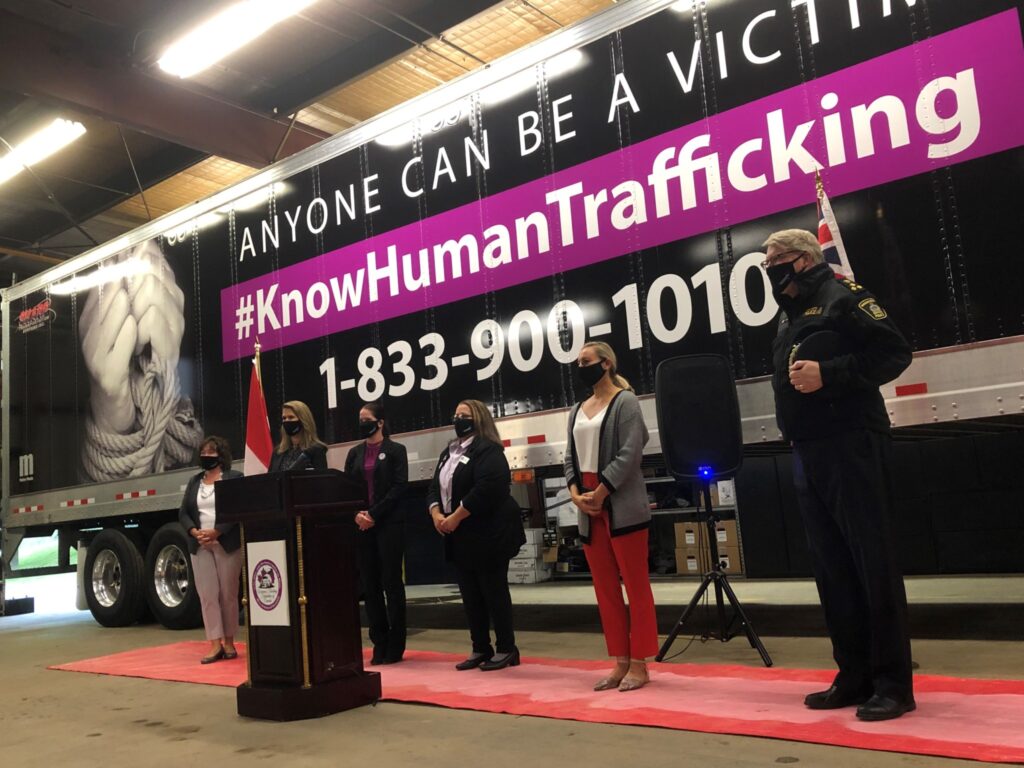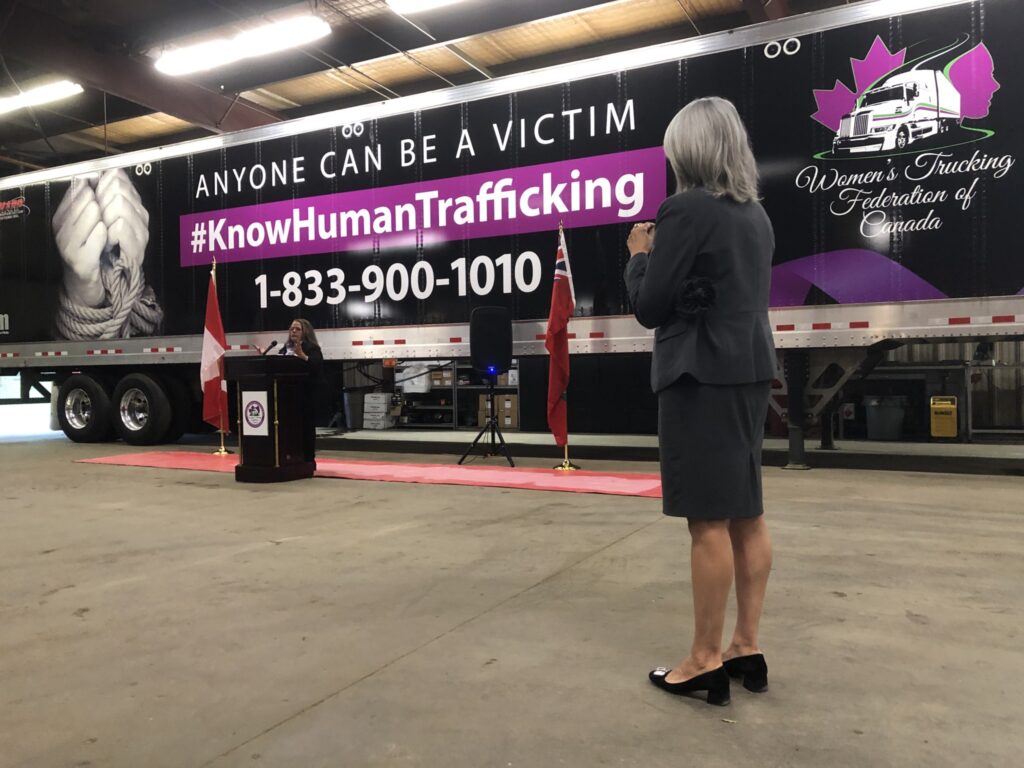What does it take to manage COVID-19 risks successfully in warehousing and distribution? Two industry leaders recently shared their experiences dealing with a wide range of COVID-19-related issues, with insight on messaging, technical innovations, mental health, vaccines, and leadership qualities.
Kimberly Biback, Corporate Relations, Sharp Transportation Systems Inc. and Ted Dezsenyi, Manager, Regional Safety & Vehicle Maintenance, FedEx Ground, a subsidiary of the FedEx Corporation, spoke during the session, "Supply Chain Shake Up - Changing the Game through Leadership," at the recent Partners in Prevention 2021 Health & Safety Virtual Conference.
Moderated by Norm Kramer, WSPS' Specialized Service Lead, Warehousing & Distribution, the session offered six valuable learnings for employers in this industry.
Best Practices
- Follow the science when it comes to COVID-19 protocols. "The first thing we looked at was what the [public health] experts were telling us on how to protect the workplace," said Ted. Implementing protocols like social distancing, masks and barriers, sanitization, pre-screening and more often meant finding alternative ways to do things. Examples include switching to virtual training, staggering start times, using contactless delivery, and ensuring more space between workers on docks, or while sorting materials. Kimberly echoed Ted's remarks about implementing social distancing early on. "As a pharmaceutical carrier we've always practiced sanitation, but we hyped up the process." For instance, Sharp provided PPE, including gloves and masks to drivers, and simple education tips, such as not sharing pens when in a hot zone.
- Provide consistent messaging. Early and effective communication was critical, said Kimberly. "We let our drivers and our teams know and understand what the conditions were and the variables as we knew at that time." An important part of Sharp's messaging has been for employees to take care of themselves and use the protocols to stay safe. "It started with getting rid of the fears," said Ted. "The messaging we chose was about putting your faith in the health specialists." The messaging and protocols together "created that calming feeling so employees coming into the workplace knew they were being protected."
- Make use of new technologies. Sharp engaged a data tracking service for information on the pandemic’s ability to spread through airborne pathogens. "The data allowed us to implement protocols both at the facility and also within our trucks and trailers." At FedEx Ground, thermal imaging cameras were placed at entrances, which set off an alarm if an employee's or visitor's temperature hit the threshold of 37°C. This initiative, especially when combined with the contact tracing the company was also doing, proved highly successful, says Ted.
- Take care of employees' mental health. Stress and anxiety are having a huge impact on employees, especially essential workers. "The simplest way to support somebody is to let them know you understand and you're still there,” said Kimberly. At Sharp, this translated into frequent check-ins, texts, messages and phone calls, as well as offering EAP services. FedEx has taken a similar approach, said Ted.
- Encourage employees to get vaccinated. At Sharp, this means "giving people the information and education they need to make a decision that will improve their lives and hopefully save catastrophic outcomes," said Kimberly. In addition to education, FedEx Ground is working with public health officials to offer vaccinations at some locations. At a recent clinic in York Region, for example, 550 people received vaccinations.
- Be a strong, empathetic, and compassionate leader. "Choose candour over charisma and let your teams know where they stand in the situation and what’s within their control," advised Kimberly. "What is the corporate vision and how are we going to get through these uncertain times together?"
How WSPS can help
- Our expert consultants are on hand to audit the effectiveness of your COVID-19 controls. You can also call the duty consultant at 1-877-494-WSPS with any OHS questions.
- The Post Pandemic Playbook includes a wealth of information on preventing workplace transmission of COVID-19.
- Visit the COVID-19 Hub for pandemic resources, safety plan templates, and articles including:
* Headquartered in Cambridge, Ontario, Sharp operates 54 trucks and 132 trailers, which primarily haul pharmaceuticals across the U.S. border. FedEx Ground has 40 different facilities across Canada, which provide low-cost, delivery to businesses and residences in Canada and the U.S.
The information in this article is accurate as of its publication date.










